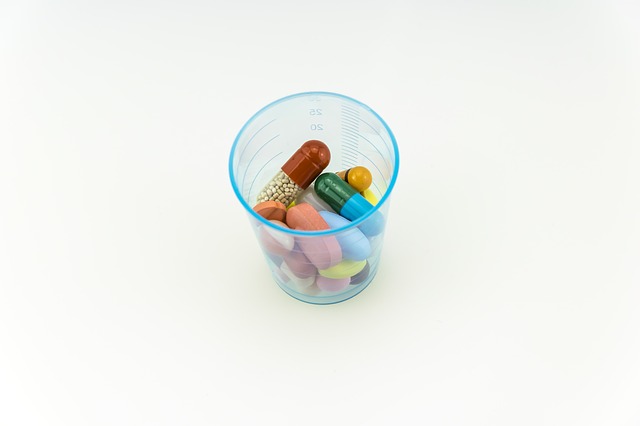Many people wonder whether or not they need supplementation in order to optimize their health. The answer is (like most things related to health): it depends.
If a person has been following a healthy diet, exercises regularly, gets enough sleep, avoids alcohol, caffeine and nicotine, stays hydrated and has adequate stress management techniques in place they have a firm basis to get all their nutrients solely from food as long as they are currently healthy. If they have any health disorders, even if they do everything else right, they will likely need supplementation to help them get and stay well.
The sad truth is that almost nobody in the United States gets even the bare minimum as far as nutrients go from the foods that they eat. In fact, the Journal of Nutrition reported in 2010 that “nearly the entire U.S. population consumes a diet that is not on par with recommendations”. What’s even more revealing about this statement, is that the “recommendations” they are referring to are the RDIs (RDAs) established by the USDA, which can be equated to the nutritional equivalent of the minimum wage. Therefore, it should become apparent very quickly that the vast majority of us don’t get what our bodies need from food alone. Obviously, we don’t just keel-over and die when nutritional insufficiencies develop; our bodies adapt to these nutritional insufficiencies – we call those adaptations diseases.
The need for supplementation is especially important for those with existing chronic illness or injury. If you have any health condition – whether it is depression, fatigue, cardiovascular disease or cancer – you have increased nutritional needs. Those increases may be from a variety of things, including genetic predispositions, metabolic imbalances, gastrointestinal imbalances, stress, past dietary habits and/or nutritional imbalances created by the illness itself. A person in this state already suffers from nutritional insufficiency, and it’s been shown that supplementation is the only way to significantly boost deficient nutrient levels.
“Why is that?” you may ask, and it’s a great question. Once a nutritional imbalance or insufficiency is present, it is nearly impossible to re-establish optimal nutritional levels using food. This is because most foods contain only a certain amount of any given vitamin or mineral and this is usually not enough to substantially raise the level of that vitamin or mineral in a realistic amount of time. (However, once proper nutrient levels have been established using specific supplementation, most people can use food to maintain those levels and eliminate or substantially reduce their need for supplementation.)
In addition, most foods will not have the nutrients needed in the proper proportions that any given individual requires at specific point in time; supplementation can be tailored to meet the unique needs of each individual.
Once you look at all the data, it becomes apparent that it is impractical (and nearly impossible) to use food as the sole source of nutrients in many cases, especially while a person is recovering from a chronic injury or illness or is completely overhauling their diet. As an example, I have a client that was found to have an increased need for biotin; testing indicated that they needed about 4 mg/day of this B-vitamin. Swiss chard is the best food source of biotin, containing about 10.5 mcg per cup. In order for this person to get the 4 mg of biotin they needed, they’d need to consume about 380 cups of Swiss chard every day…OR they could take a little biotin tablet that would cost them about $4/month. Which do you think is more likely to happen??!
Supplementation is an important part of any person’s health journey, especially when that journey entails healing from some health condition. However, it is only a piece of the puzzle. Supplementation can be most useful when it is used along with necessary dietary and lifestyle changes, in addition to complementary therapies that can propel a person forward on their path to better health.
References
- J Nutr. 2010 Aug;140(8):1529-34.
- Advances in Natural Therapy. Sept/Oct 2007.

